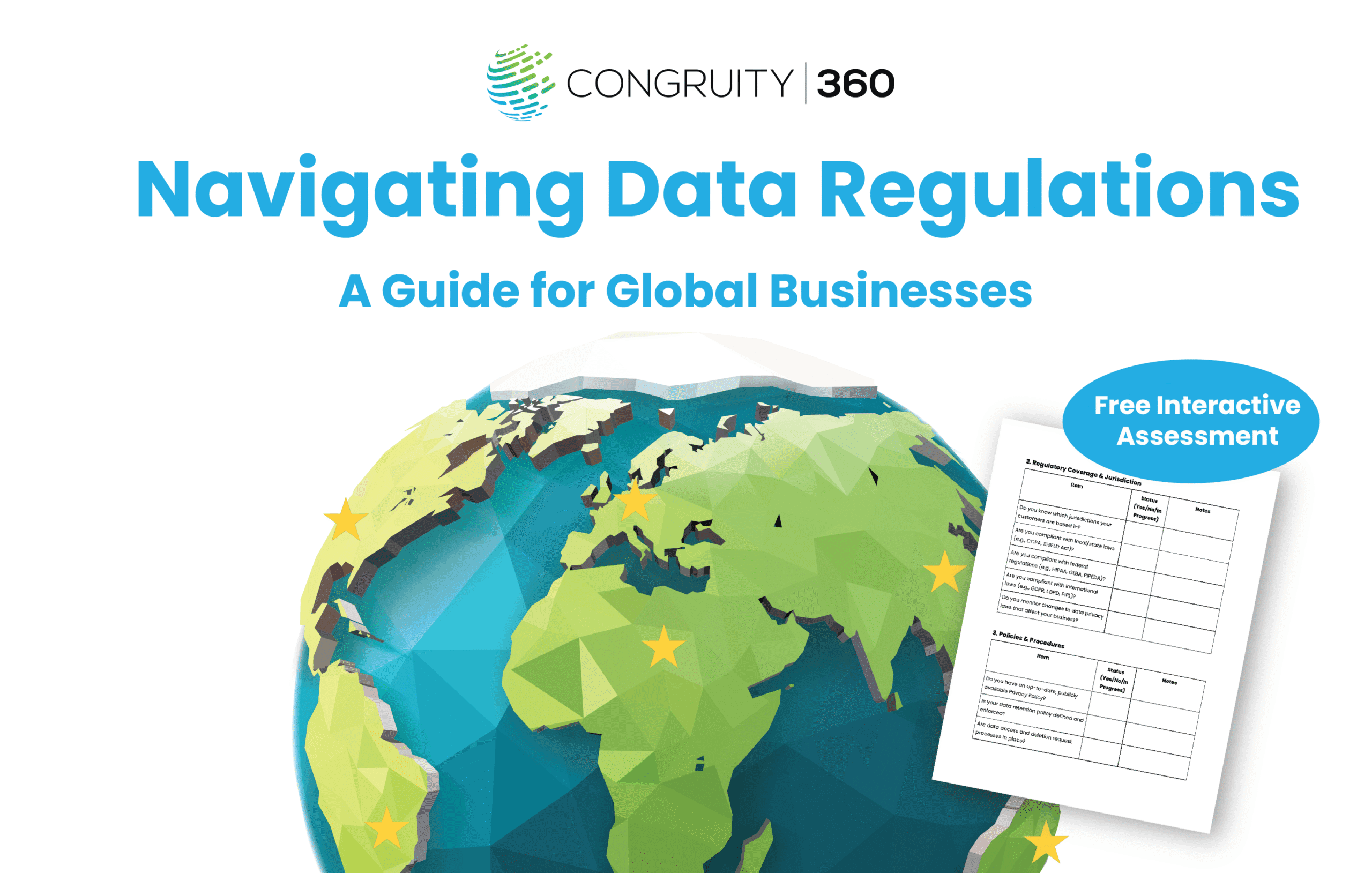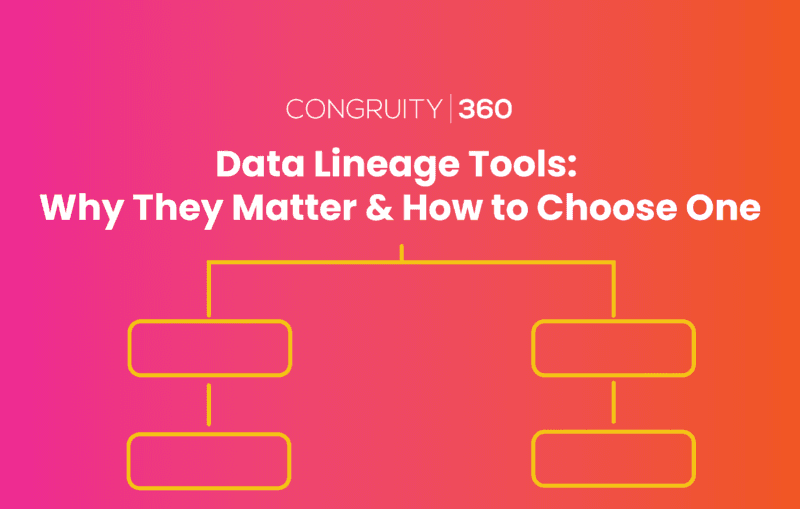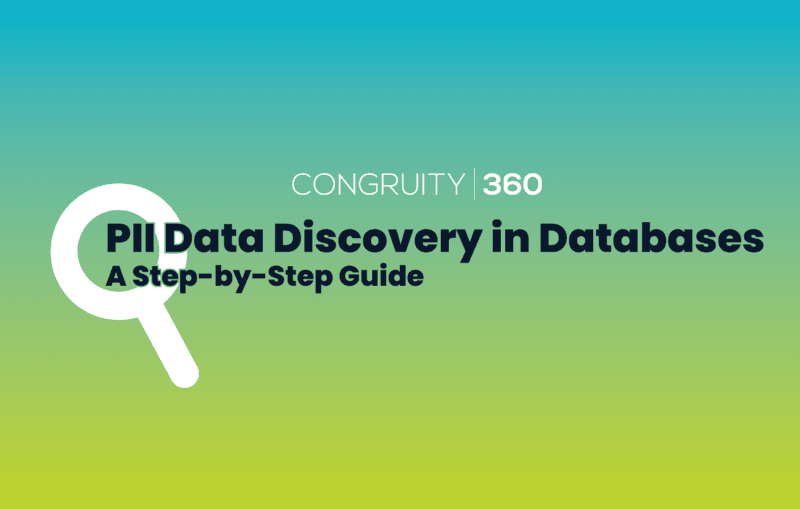Companies are collecting more data than ever before. But with data comes responsibility and regulations. Whether you operate locally or globally, understanding how to navigate local, federal, and international data privacy laws is critical to avoiding costly fines, building customer trust, and operating legally.
In this guide, we’ll break down the key aspects of data regulation and explore how companies based in one country must comply with the regulations of the regions where their customers reside.
Why Data Regulations Matter
Governments worldwide are tightening data protection laws in response to increasing cybersecurity threats and privacy concerns. From the General Data Protection Regulation (GDPR) in the EU to California’s CCPA/CPRA, these laws define how businesses should collect, store, process, and share personal data.
Non-compliance doesn’t just mean legal trouble—it could mean reputational damage, loss of customer trust, and significant financial penalties.
Understanding the Layers of Data Regulations
To stay compliant, companies must understand how data regulations work at three main levels:
1. Local (State or Provincial) Regulations
These are regulations created by states, provinces, or municipalities. Examples include:
- California Consumer Privacy Act (CCPA/CPRA) – Gives California residents rights over their personal data.
- New York SHIELD Act – Imposes data security requirements on businesses handling New Yorkers’ personal data.
Even if your business isn’t based in these states, you may still be subject to these laws if you serve customers there.
2. Federal Regulations
National governments enforce federal data protection laws. Examples include:
- United States: Sector-specific regulations like HIPAA (healthcare) and GLBA (financial services).
- Canada: PIPEDA governs data privacy in the private sector.
- Australia: The Privacy Act 1988 covers how personal data is collected and handled.
These laws often interact with local or industry-specific regulations, so ensure compliance on all fronts.
3. International Regulations
International data regulations apply across borders and are especially relevant for global businesses. Examples include:
- GDPR (EU) – Arguably the most comprehensive data law globally.
- Brazil’s LGPD
- China’s PIPL
- UK GDPR
If you process data of individuals in these regions, their laws apply to you—no matter where your business is based.
Why Your Location Doesn’t Protect You from Foreign Regulations
Here’s where many companies get caught off guard:
If your company collects, stores, or processes data of individuals in another country or jurisdiction, you are subject to that region’s data laws—regardless of where your business is located.
Real-World Examples:
- A U.S. e-commerce company selling to EU customers must comply with GDPR, including appointing a Data Protection Officer (DPO) and offering data access and deletion rights.
- An Australian SaaS company with clients in California must comply with CCPA/CPRA, offering opt-out mechanisms and detailed privacy notices.
This concept is known as extraterritorial applicability—a key principle in modern data laws.
Tips for Navigating Data Compliance as a Global Business
Here are practical steps to help your business stay compliant:
1. Map Your Data
Understand what data you collect, where it’s stored, and which regions it touches. Use data mapping tools or conduct a data audit.
2. Know Your Customer Locations
Track where your users or customers are based and which regulations apply. Automate geo-detection if possible.
3. Build a Flexible Privacy Framework
Adopt a privacy-by-design approach that can adapt to multiple regulations. This includes:
- Consent management
- Data minimization
- Strong security controls
4. Update Privacy Policies Regularly
Ensure your privacy policies are transparent, easy to understand, and updated to reflect current laws in all applicable jurisdictions.
5. Hire or Consult with Privacy Experts
Data privacy lawyers or consultants can help you interpret complex laws and avoid legal pitfalls—especially if you’re entering a new market.
Future Trends: Global Harmonization of Data Privacy?
While a unified global data privacy law doesn’t yet exist, international cooperation is growing. Frameworks like the EU-U.S. Data Privacy Framework are steps toward smoother cross-border data transfers.
Still, the burden remains on businesses to understand and comply with each region’s unique laws.
Privacy Compliance is a Business Imperative
As data privacy laws grow more complex and extraterritorial in nature, businesses must be proactive. Whether you’re a local startup or a global enterprise, compliance is not optional—it’s a fundamental requirement of doing business in the digital age.
By understanding how local, federal, and international data regulations intersect—and by recognizing that you must follow the laws of your customers’ jurisdictions—you can reduce legal risks, improve customer trust, and build a privacy-first organization.
Kick off your compliance for local, federal, and global data laws and download our free self-assessment “Data Privacy Compliance Audit Checklist”. For further insights into your data, schedule an evaluation today!





